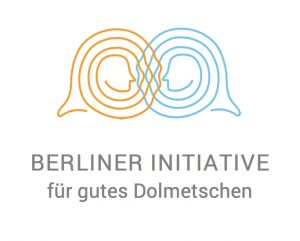
Our guiding principles
Every individual has the right to participate in information and communication processes.
Nobody should be discriminated against because of their lack of knowledge of a specific language.
We are committed to linguistic inclusion and participation.
We stand for the We stand for the UNHCR’s principles of ethical interpreting.
The act of interpreting includes linguistic and cultural mediation.
In this context, interpreters cannot be replaced by machines.
We continuously incorporate current research and best practices into our work.
We believe in meeting others on equal terms and seek to maintain an active exchange with professional associations.
















